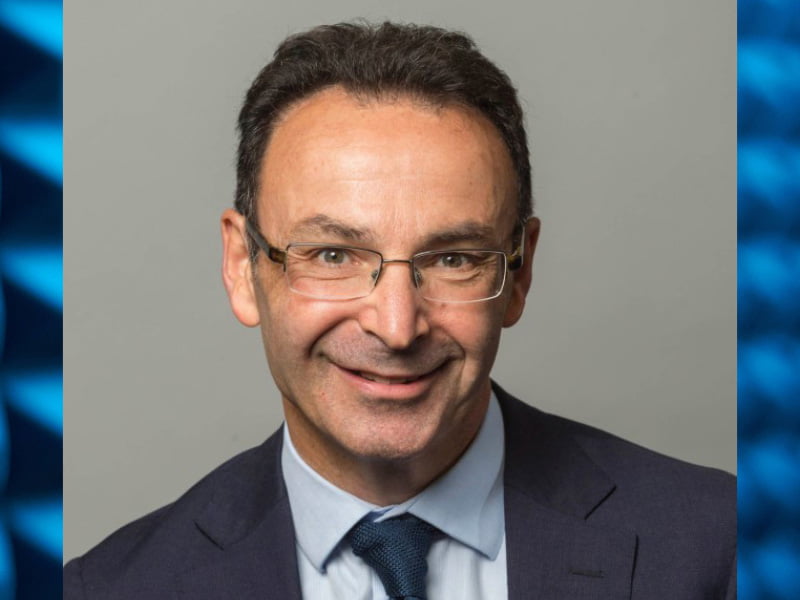Australia’s commercialisation woes have plagued the country for decades now.
Despite having world-leading research and tech entrepreneurs ready to bring it to the world, Australia has traditionally struggled to commercialise this research into viable products to be sold globally.
This is very much on the radar of the new Labor government. The recent federal Budget included a new $392 million Industry Growth Program which will provide funding to startups and SMEs to assist them in commercialising their offerings.

Earlier this year, legislation paving the way for $500 million to be provided to universities working with industry partners passed Parliament, while the $15 billion National Reconstruction Fund is also off the ground.
When it comes to commercialisation, the medtech and biotech sectors have led the way in Australia, with a number of major success stories.
Included in these is Robert Klupacs, who has founded 24 companies in Australia and Singapore and is now at the helm of the Bionics Institute.
The Melbourne-based independent medical research institute has laboratories at St Vincent’s Hospital and develops medical devices in the brain disease, hearing and vision and autoimmune and chronic condition spaces.
The Bionics Institute has five portfolio companies, with another three currently being incubated and set to launch in the next year.
A key element of commercialisation, especially in the medtech and biotech spaces, is close collaboration and a precinct approach, Mr Klupacs told InnovationAus’ Commercial Disco podcast.
“People say that sometimes they’ll throw you together and great things will happen, but it needs to be a bit more than that — there needs to be a bit of a purpose, you need to have a similar culture that you want to move things out from just curiosity in research to product,” Mr Klupacs said.
The Bionics Institute is a foundational member of the ACMD precinct, which features RMIT University, Swinburne University, the University of Melbourne, the University of Wollongong and St Vincent’s Hospital.
“That’s the key underpinning our precinct, that we want to get things going from an idea into a product into clinical trials and into patients as quickly as possible,” Mr Klupacs said.
“That translation underpinning is probably what holds us together, and probably why our precinct is quite successful. People become friends, they work together on little problems, they get a grant together and all of a sudden they’re working together, they create a relationship. And those relationships in many cases have lasted a long time.”
Included in the Bionic Institute’s portfolio is Epi-Minder, which offers a long-term monitoring device for epilepsy seizures. This device was made by the company’s researchers in collaboration with clinicians at St Vincent’s Hospital.
“We’re very excited by that — it’s looking remarkably effective,” he said.
There are many lessons that other sectors can take from the biotech industry when it comes to commercialisation, Mr Klupacs said.
“In Melbourne we’ve always had a long history in medical technologies,” he said.
“Being a regulated environment and being able to protect the discoveries with patients allows investors to have something to get their head around — but it’s a long journey. People can see that if it’s done well, they can make a lot of money, but they could also have a big impact.”
Do you know more? Contact James Riley via Email.
